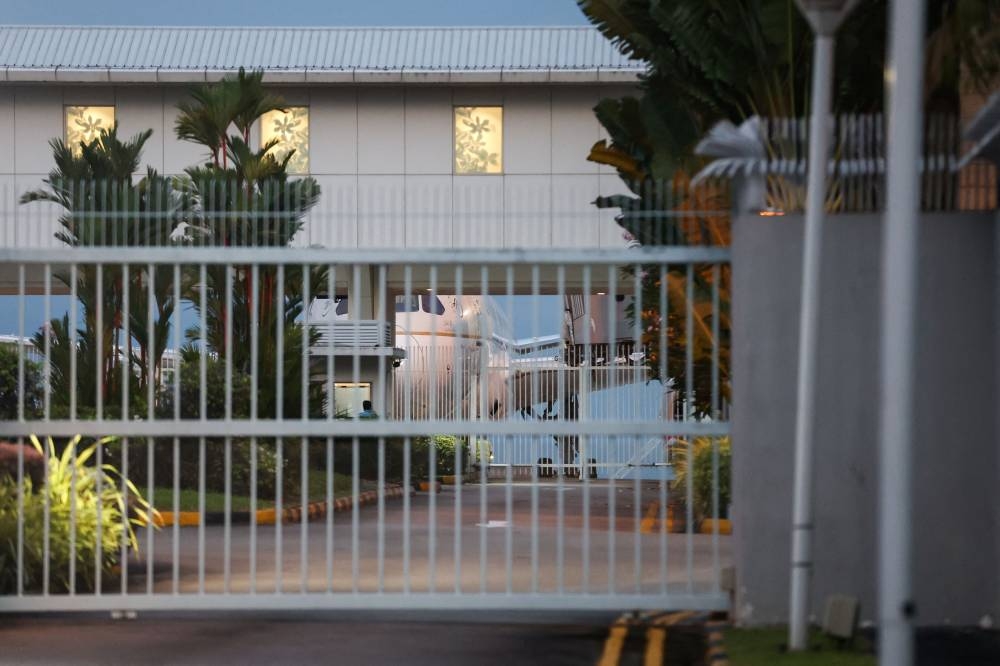On the 14th of July, Gotabaya Rajapaksa – President of Sri Lanka – landed at Changi Airport.
He arrived on a flight from the Maldives having fled Sri Lanka the day before following weeks of protests against his rule. He resigned from office a few hours after landing.
Singapore with its wealth, safety and world-leading financial system plays a role in the stories of so many of our neighbouring nations. Despite our enormous wealth, there are lessons to be learned from the flight of the Sri Lankan strong man.
The collapse of Sri Lanka didn’t happen in isolation. In addition to misrule, Covid-19, disruptions to global supply chains and the rising price of fuel, grain and other commodities played a role in pushing the state down the path of bankruptcy and virtual collapse.
Sri Lanka is hardly the only country in this position.
Lebanon collapsed over a year ago. El Salvador, Ghana, Egypt, Tunisia and Pakistan appear to be teetering near the edge of debt defaults.
For years many developing nations borrowed from debt markets to cover budget deficits.
Low interest rates allowed them to take considerable loans and raise new loans to settle old loans.
Over time, however, these nations’ debts have snowballed and with costs rising post-Covid and after the invasion of Ukraine their ability to repay these loans is now in question.
To make matters worse as countries world wide raise interest rates to combat inflation, it’s harder and harder for emerging countries to acquire new low interest loans.
For now this is an acute problem for low income developing countries but many of the conditions that exist in places like Sri Lanka also exist in far more developed countries.
Mismanagement, heavy inequality and intensely divided political systems appear in places as diverse as the US, UK and South Africa.
The US has government debts totalling over US$20 trillion (RM89 trillion) – more than 100 per cent of the GDP. In fact, the US’ debt ratios are higher than Sri Lanka’s.
Of course the US, as it prints the world’s reserve currency – the US dollar – has generally been able to print its way out of debt crises. But it’s not clear if this method will work forever.
Even nations with strong manufacturing economies and rock solid credit ratings like France now have very high debts. With inflation and interest rates rising, can local businesses and taxes really support the repayment of these large loans?
As the problems confronting states and state finances grow, the quality of governance globally appears to be getting weaker.
Top talent globally seems to be drawn to the money and stock options offered by positions in tech companies and finance companies.
Fewer and fewer of the highly able choose government jobs and when they do, too often they use these jobs purely for their own gain and not national service.
From Boris Johnson to Joe Biden, poor governance is hardly confined to the Third World .
Even in our local neighbourhood, we see enormous corruption and increasingly ossified and out of touch leadership.
Sri Lanka may be the first country to collapse so spectacularly but sadly I fear unless there is major change in our own neighbourhood, it won’t be the last.
*This is the personal opinion of the columnist.
For any query with respect to this article or any other content requirement, please contact Editor at [email protected] Copyright 2017 Malay Mail Online

